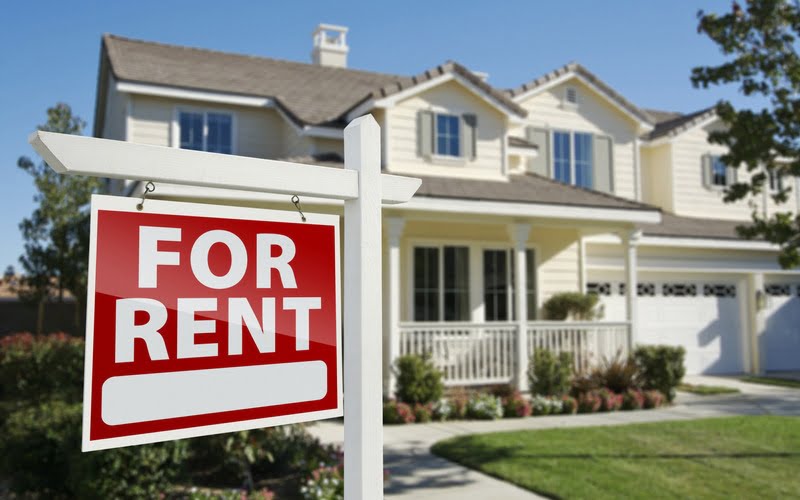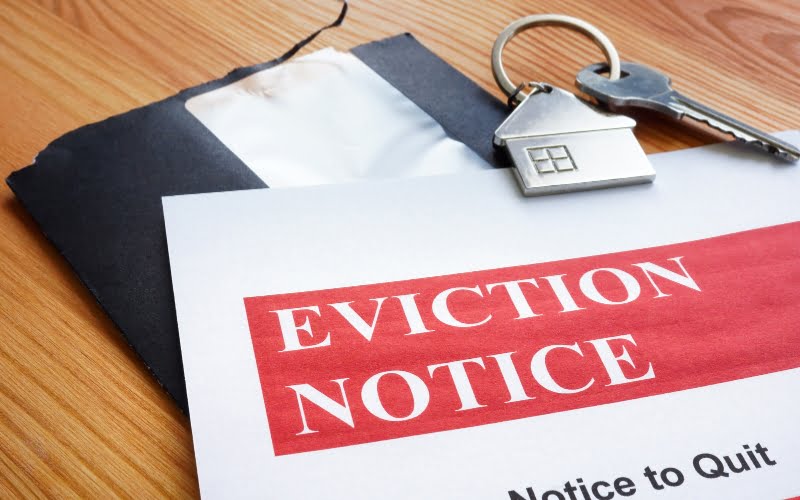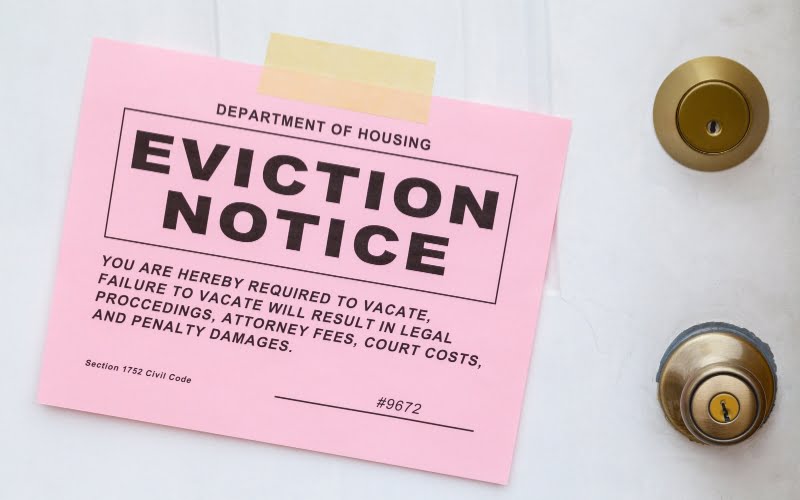Last Updated on March 18, 2024 by Kelvin Nielsen
Yes, Alaska is undoubtedly a landlord-friendly state. The state has landlord-friendly laws and regulations that make renting out a property favorable to investment property owners.
Among other things, it has a streamlined tenant eviction process, is a tax-free state, and has no rent control law.
In this blog, we’ll go over everything you need to know on how Alaska is a landlord-friendly state.
Is Alaska a landlord-friendly state?
1. Alaska is a tax-friendly state.
As a landlord, you have a duty to file tax returns on any net income your rental property generates. Suppose, for instance, that your annual rental income is $10,000. If your fall into the 22 percent tax bracket, it means that you’d owe the state $2,200 in taxes.
Luckily for you, Alaska is a tax-friendly state. According to Investopedia.com, Alaska is one among only 7 U.S. states that don’t levy a state income tax. The other states are Florida, Nevada, Texas, Tennessee, South Dakota, and Wyoming.
2. Renters cannot withhold rent for repairs.
The Uniform Residential Landlord & Tenant Act grants tenants a smorgasbord of rights. Including, the right to live in a property that meets the basic health, safety, and building codes.
In addition to that, you must also make repairs to issues affecting the tenant’s habitability within 10 days of receiving proper notification.
In some other states, renters can exercise the legal right to withhold rent if the landlord fails to make the repairs within the stipulated time. This is, however, not the case in the state of Alaska.
What the tenant can legally do is repair the issue themselves and then subtract the costs from future rent payments. Other options include suing the landlord and terminating the lease without penalty.
3. The eviction process is relatively straightforward.
As a landlord in Alaska, you have a right to evict your tenant for a bevy of justified reasons. For starters, you can evict a tenant for any of the following reasons.
- Nonpayment of rent.
- Lease violations.
- End of lease / no lease.
- Nonpayment of utilities.
- Failure to allow landlord entry.
- Illegal acts on the property.
That said, you must follow the proper process when evicting the tenant from your property. You must not try to evict the tenant through illegal means, such as locking them out, removing their belongings, or shutting their utilities.
The following is a basic overview of the process that you must follow to successfully remove the tenant.
- Serve the tenant with an appropriate eviction notice. For instance, a 30-day eviction notice to remove a holdover tenant.
- File an eviction lawsuit.
- File a complaint in court if the matter remains unresolved.
- Serve the tenant with a copy of the summons and complaint.
- Attend court hearing.
- If the judgment is in your favor, you’ll be issued with a Writ of Assistance. This will authorize the sheriff to return the property to you, even by force, if necessary.
From start to finish, you should expect the process to take anywhere between one and two months.
4. You can charge a sizeable security deposit.
As a landlord in Alaska, you have a right to charge tenants a security deposit as part of the initial move-in costs.
The deposit can help you cushion yourself against potential liabilities, such as unpaid rent and utilities, excessive property damage, and excessive cleaning costs.
However, there is a limit to how much security deposit landlords can charge in Alaska. It must not exceed 2 months’ rent. But, there is no limit if the rent exceeds $2,000 per month.
You can read more about Alaska security deposit rules here.
5. Alaska doesn’t have rent control.
Alaska is among a handful of states that don’t have rent control. However, state law doesn’t prohibit cities and towns from creating their own rent control law. As such, make sure you familiarize yourself with local rent control laws before hiking the rent amount.
In the absence of a rent control law, it means that you can raise the rent by any amount, and as often as you like. Be that as it may, you must not do so out of retaliation, discrimination, or during a fixed-term lease.
In addition, you must also give a month-to-month tenant a notice of at least 30 days before increasing their rent. For tenants on a fixed-term lease, you must provide them with a notice of at least 30 days.
What’s more, there is no limit on late fees. You can charge your tenant whatever you want for late rent payments.
Conclusion
As can be seen, Alaska is indeed a landlord-friendly state. The statewide landlord-tenant laws provide landlords with a favorable environment to rent out a property.
Disclosure: The content herein isn’t a substitute for advice from a professional attorney. It’s only meant to serve educational purposes. If you have a specific question, kindly seek expert attorney services.
Sources: https://law.alaska.gov/, https://alaskabar.org/, nolo.com, https://www.investopedia.com/financial-edge/0210/7-states-with-no-income-tax.aspx,

Hi, I’m Kelvin Nielsen, an experienced landlord and accomplished real estate lawyer. My focus is on answering your questions about renting in the hopes of making your life as a renter or a landlord a bit easier.







